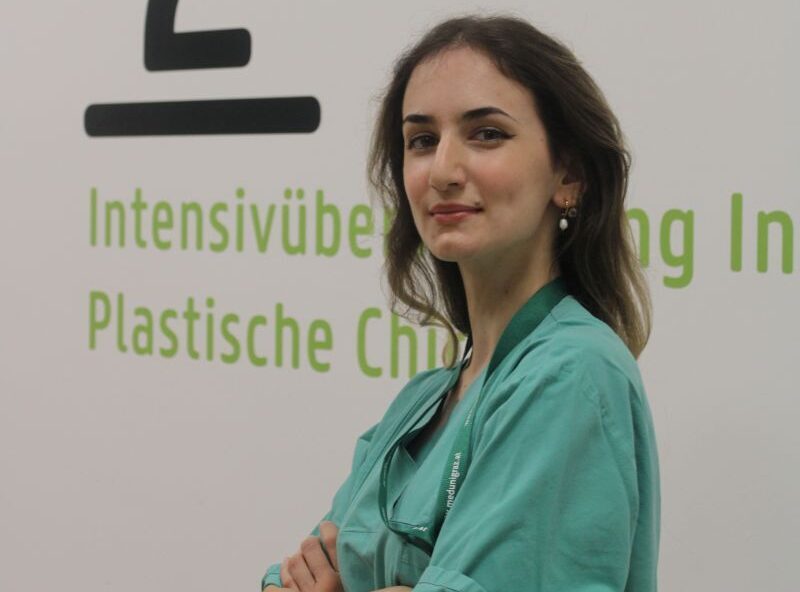The roundtable discussion on the topic of “Assignment of students to practical classes in business entities” was held on Friday, May 28, 2021. It was organized by the Hastor Foundation, Prevent Components d.o.o. Goražde, and the German Agency for International Cooperation (GIZ), in the scope of the “IDEAL – Improving and developing the education system in Bosnia and Herzegovina” project.
In the scope of the IDEAL project, the Analysis on the Assignment of Students to Practical Classes in Business Entities was made to display the level of satisfaction of the school and business entities with the current practice of assigning students to practical classes in business entities and to assess if there’s interest to change and improve this process.
Besides the organizers, the roundtable discussion was attended by the participants of the process of assigning students to practical classes – representatives of the Secondary Vocational School “Džemal Bijedić” in Goražde, representatives of the business entities, as well as the representatives of the Ministry of Education of the Bosnia-Podrinje canton Goražde and the Pedagogical Institute.
The goal of the roundtable was to present the results of the Analysis on the Assignment of Students to Practical Classes in Business Entities and to collect information from the representatives of the business entities and the school regarding the way how students are assigned to practical classes in business entities. The results and the information gathered can be used in the future as a basis to support the Ministry’s decision about whether there’s a need to change the Rulebook on assigning students to practical classes.
Seid Fijuljanin, the Director of the Hastor Foundation, pointed out that some goals and desires for future work will be directed towards reproducing this practice in a wider Bosnian area, and not just in the Bosnia-Podrinje canton:
We can freely say that this project already achieved success in its pilot phase. This roundtable discussion once again benefits our future steps. Until the moment of the final implementation of this project in the Bosnia-Podrinje canton, as well as the rest of the country, we’ll have clearly defined processes, and we’ll be able to successfully answer all questions that will be asked by parents and children who will, in the future, have practical classes in business entities.
Majda Tolić, an advisor from the German Agency for International Cooperation (GIZ), spoke about the importance of the project, as well as the changes to the current practice of assigning students to practical classes since business entities can’t influence the choice of students that will attend the practical classes:
This is the beginning of a great and important story if we consider that a similar process in Serbia, from the first pilot steps until the establishment of the legislative framework, took around ten years. Especially, it’s important to gain some experience and see what’s applicable to define it with a rule book. Companies should definitely participate in the process of selecting students and they should be given some rights. Companies need to have good employees and do profitable business if they want to survive in the labor market.
Young people, who are the backbone of the progress and development of the Bosnian society, deserve the chance for quality education and professional improvement, and we hope that similar practices will come to life in other parts of Bosnia and Herzegovina.




